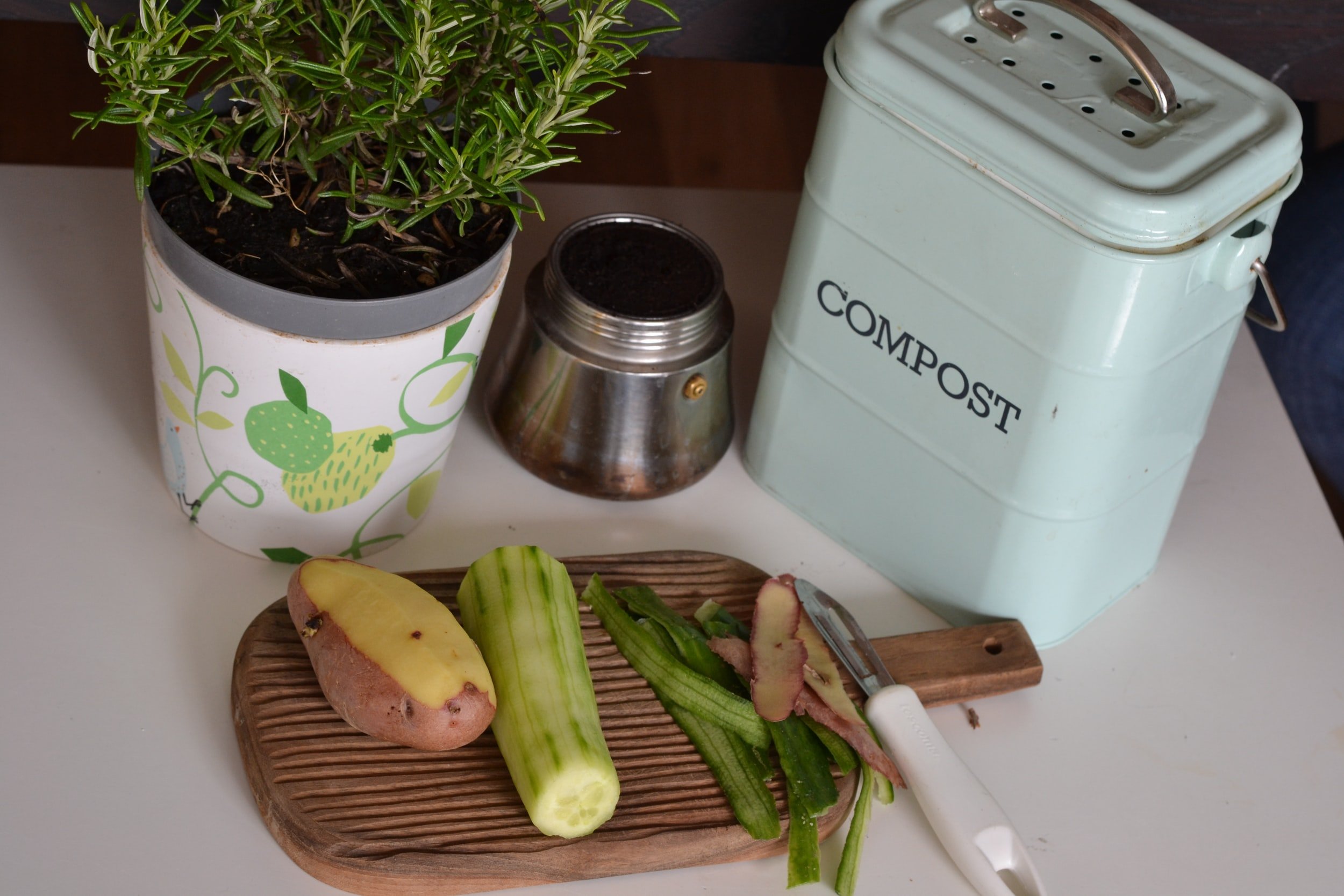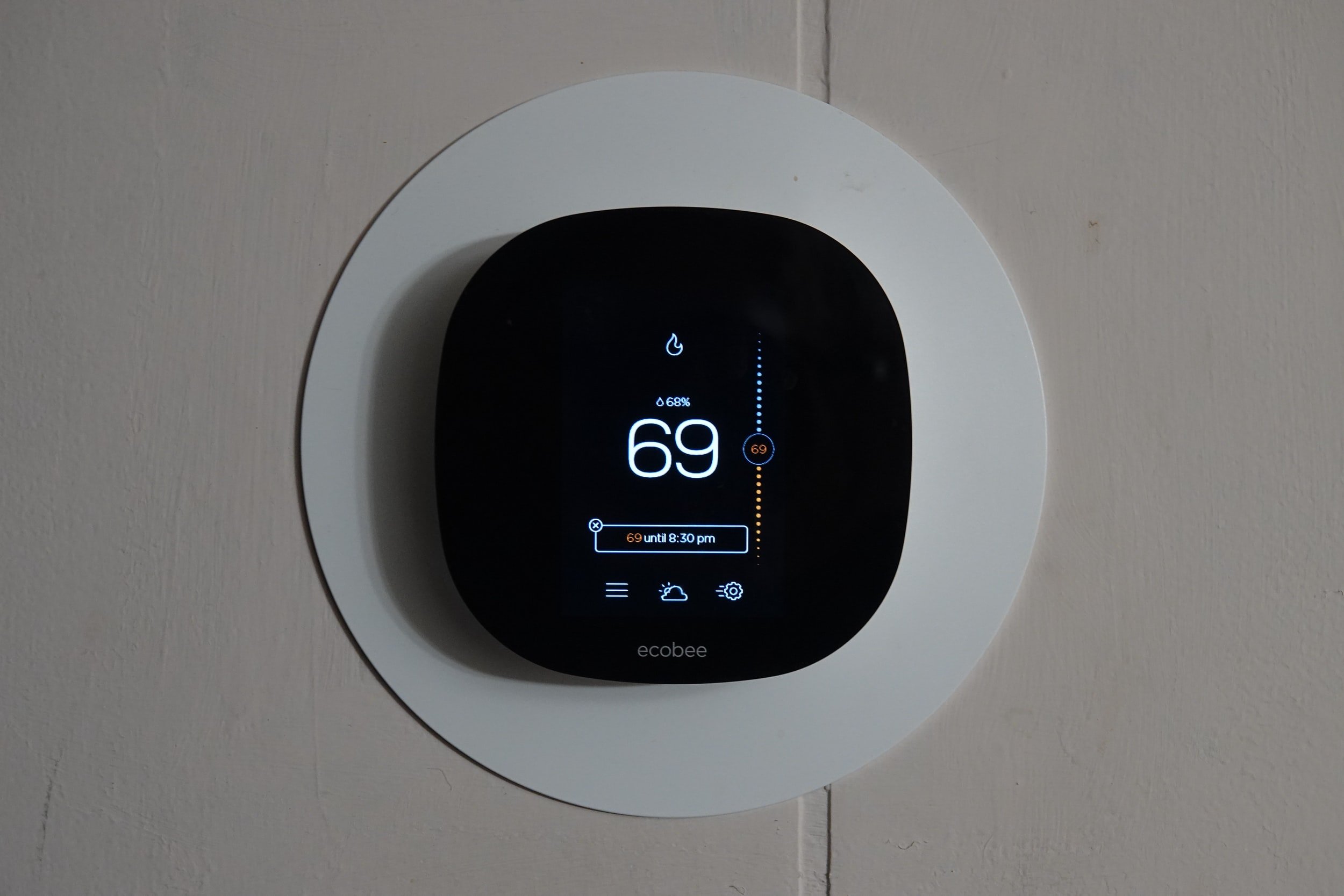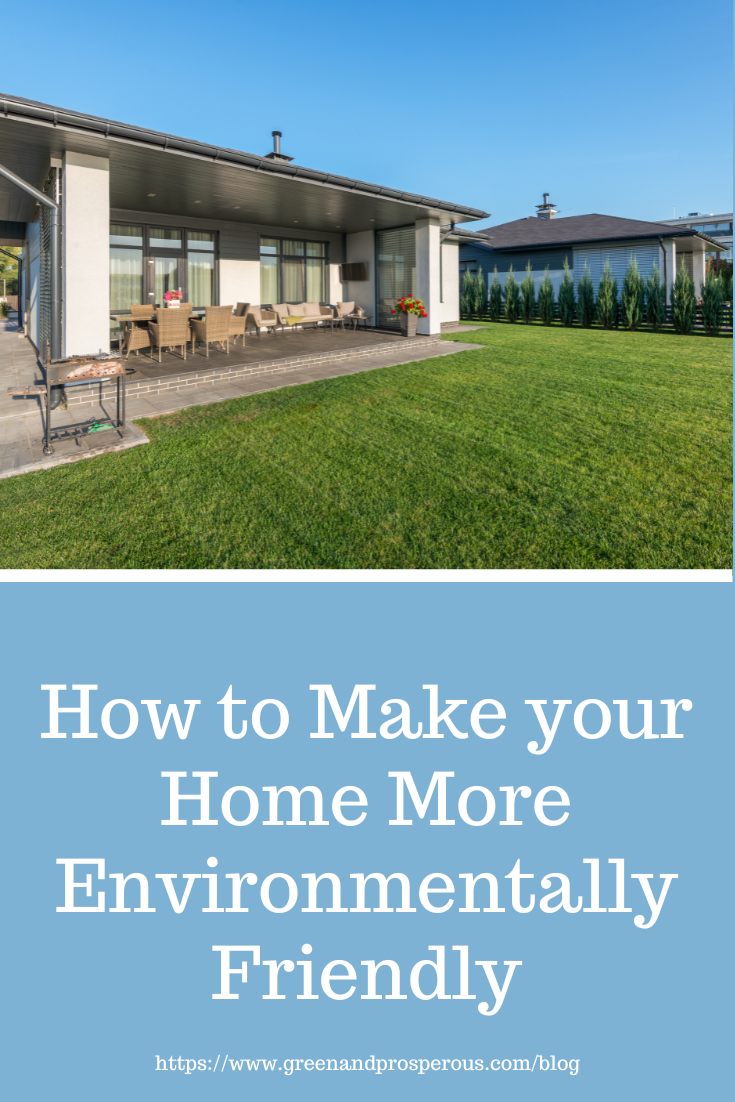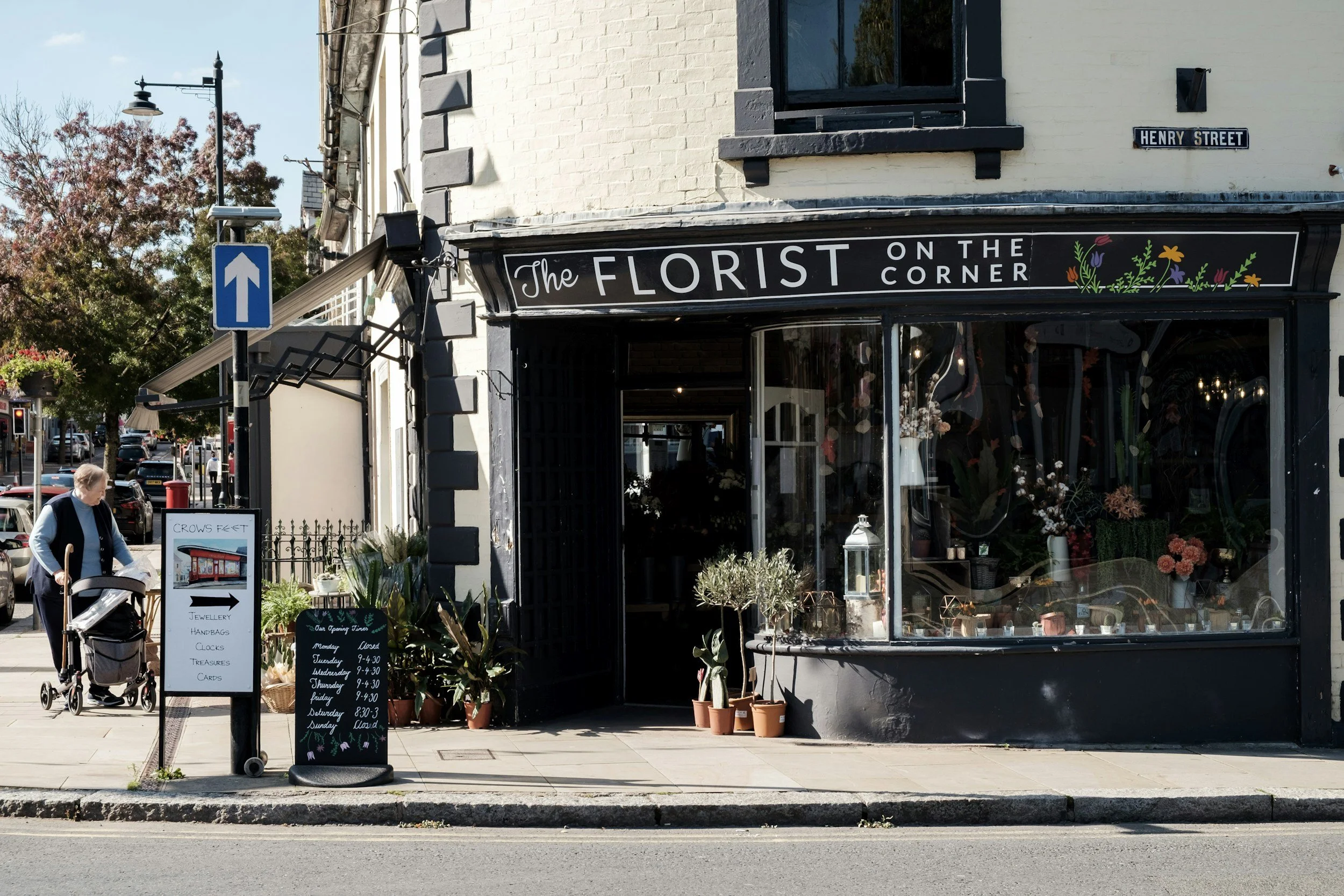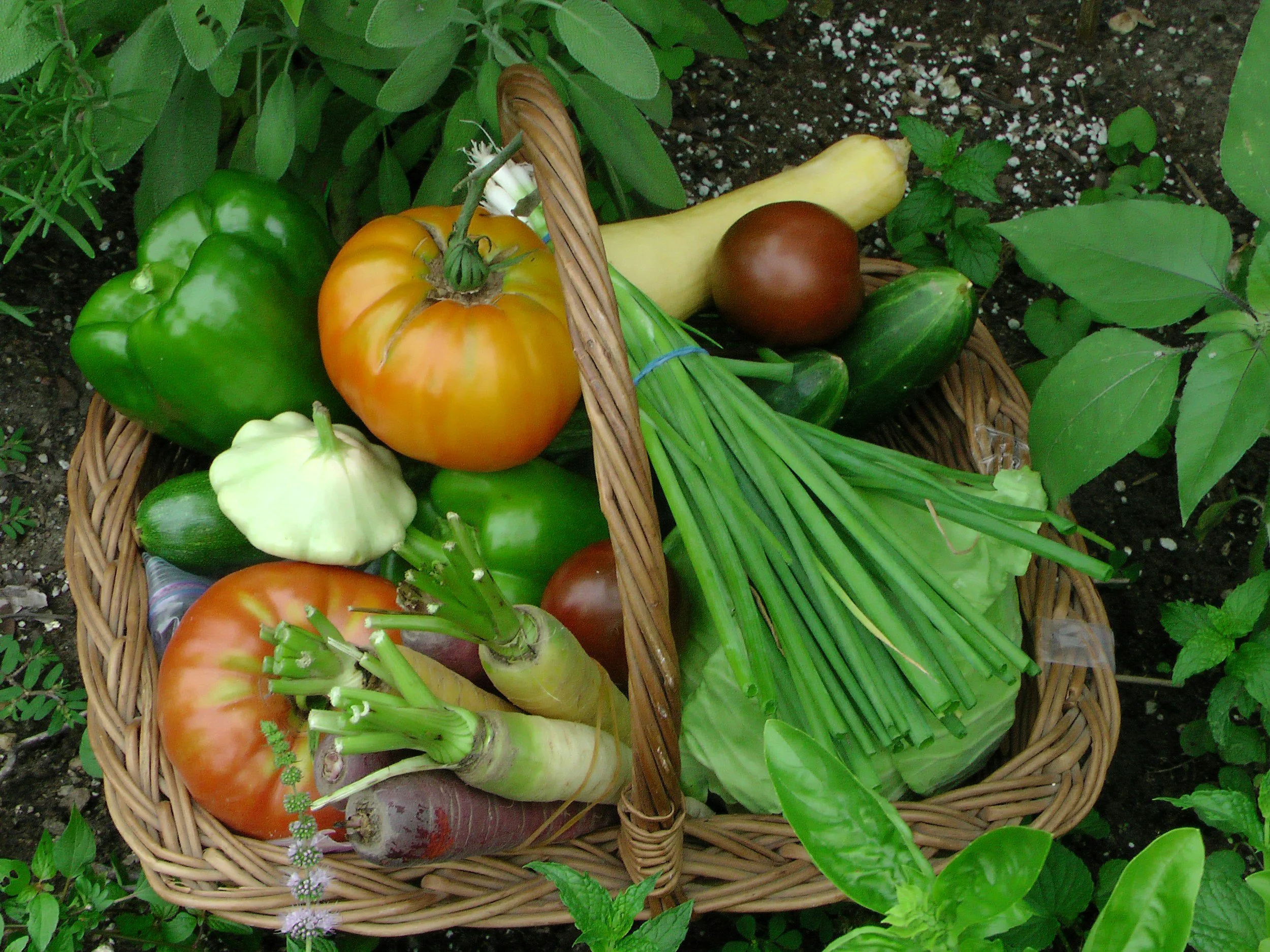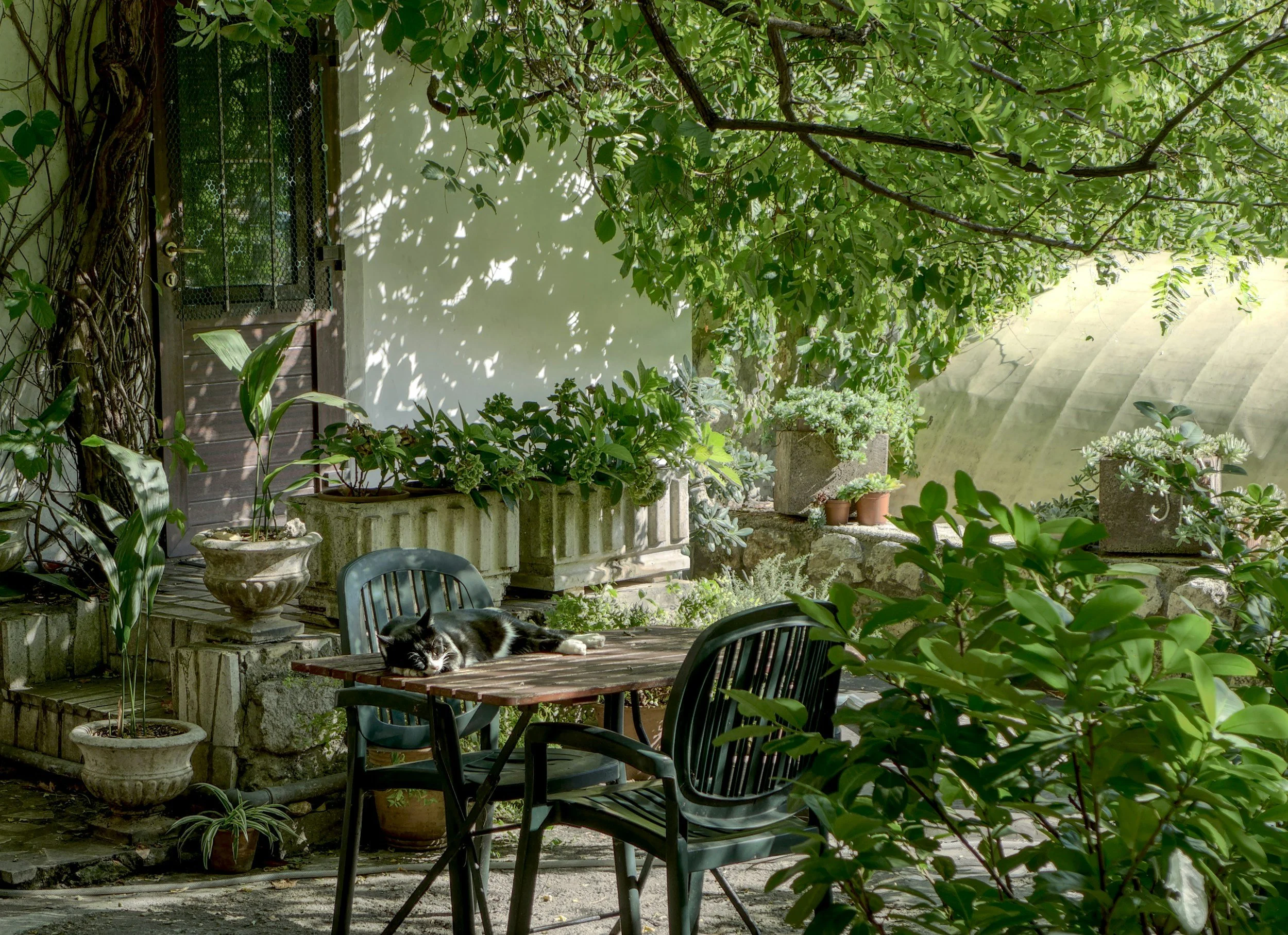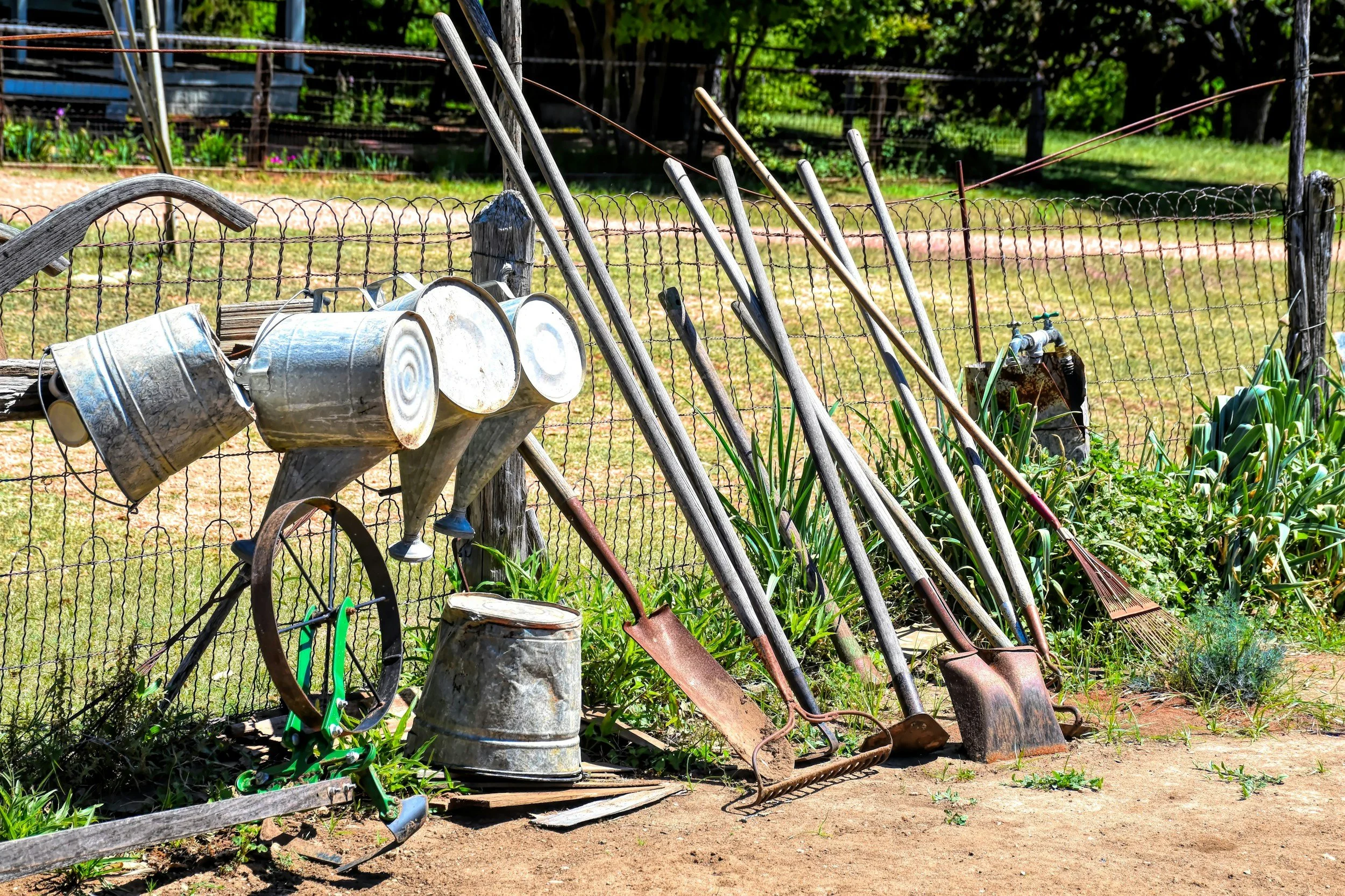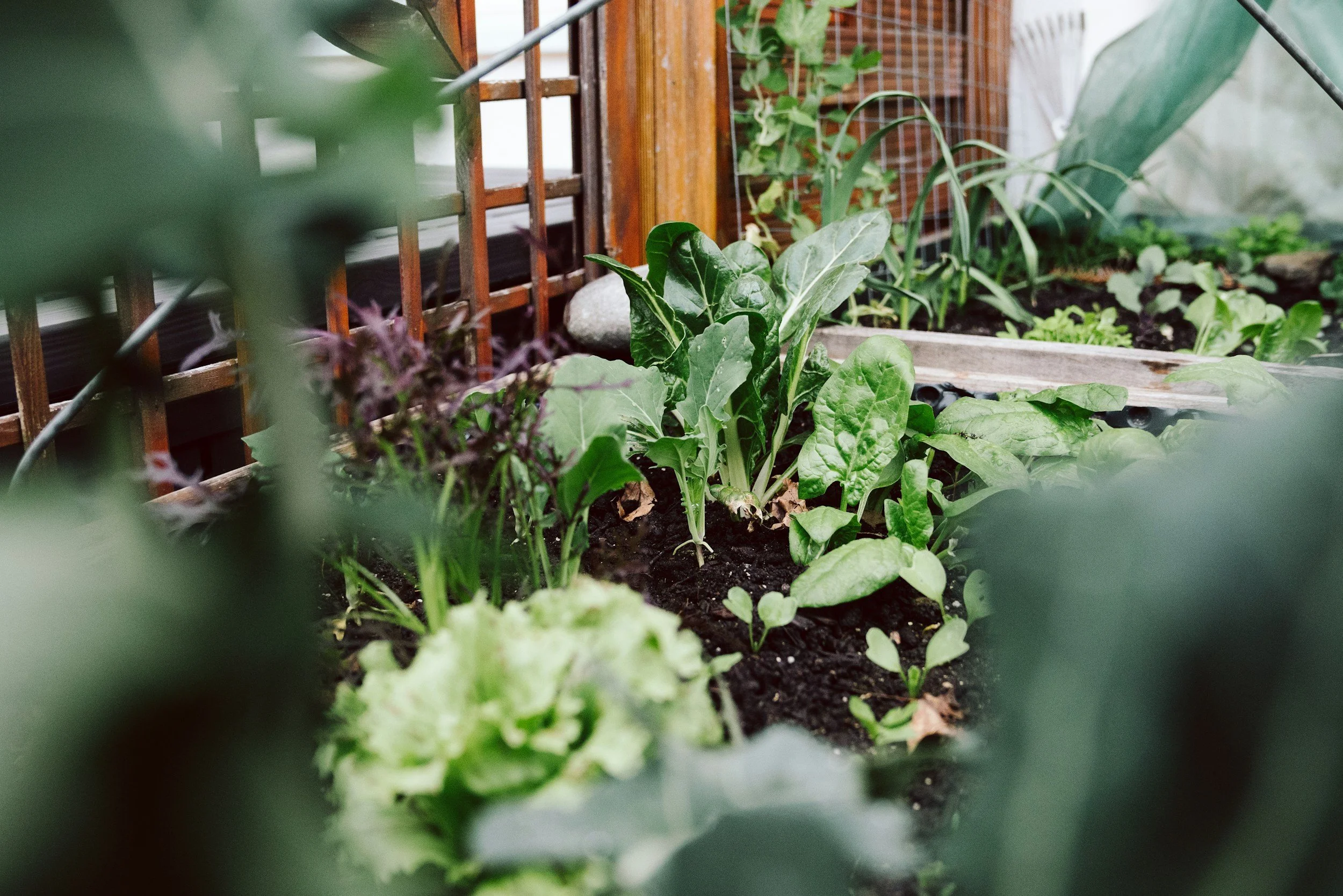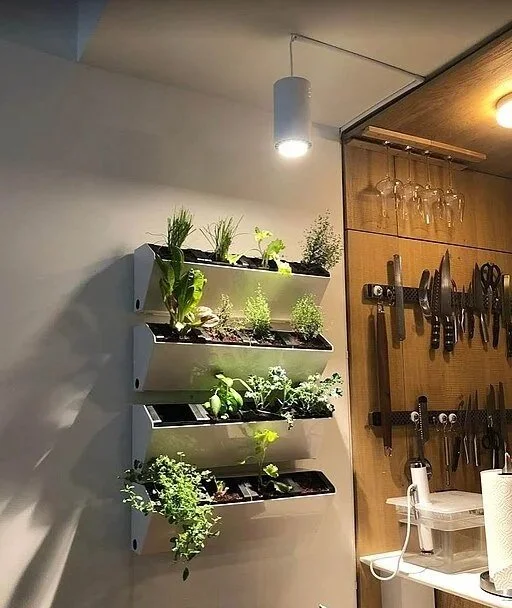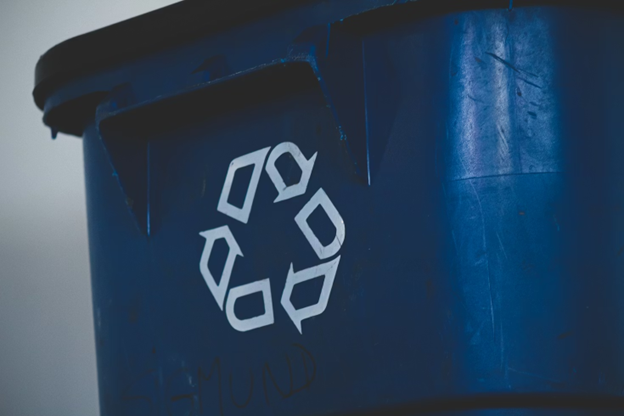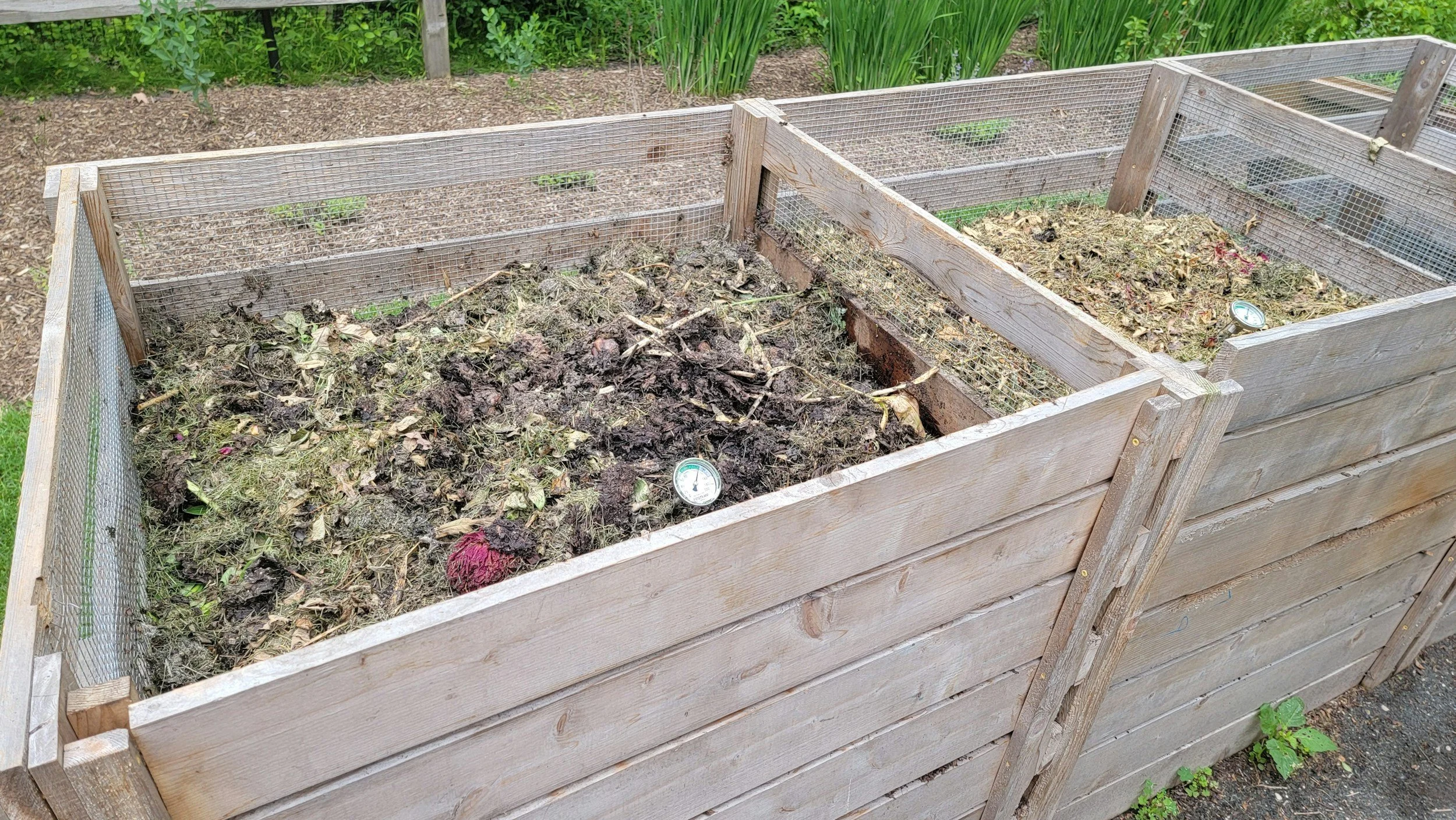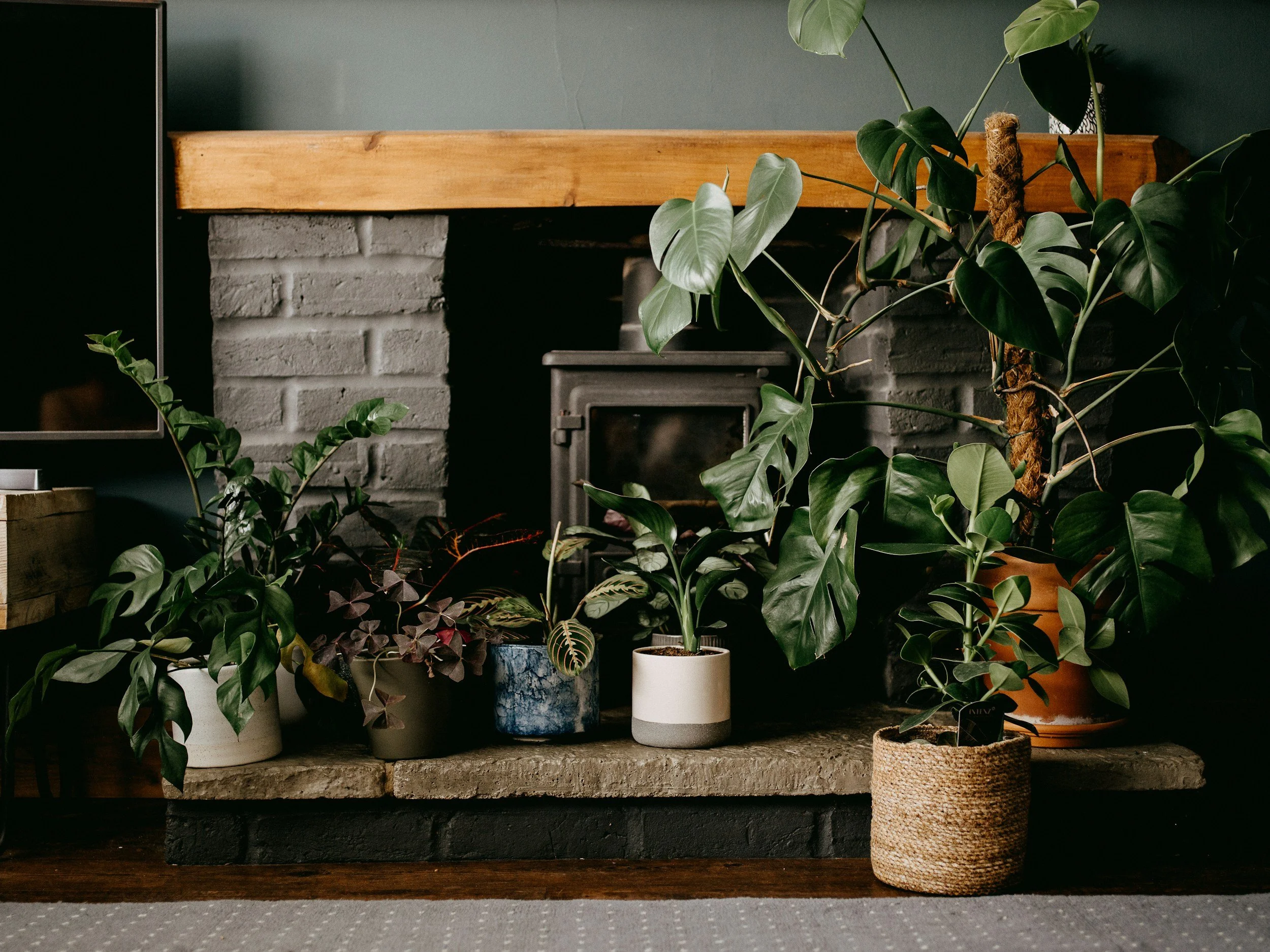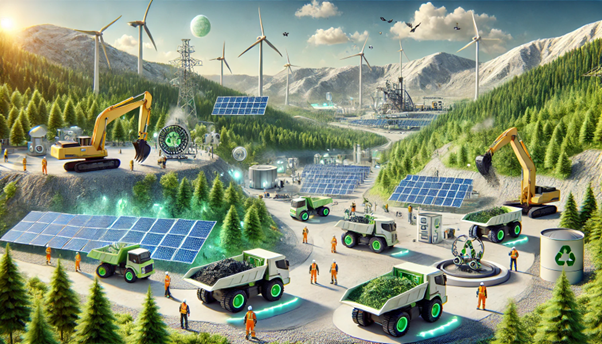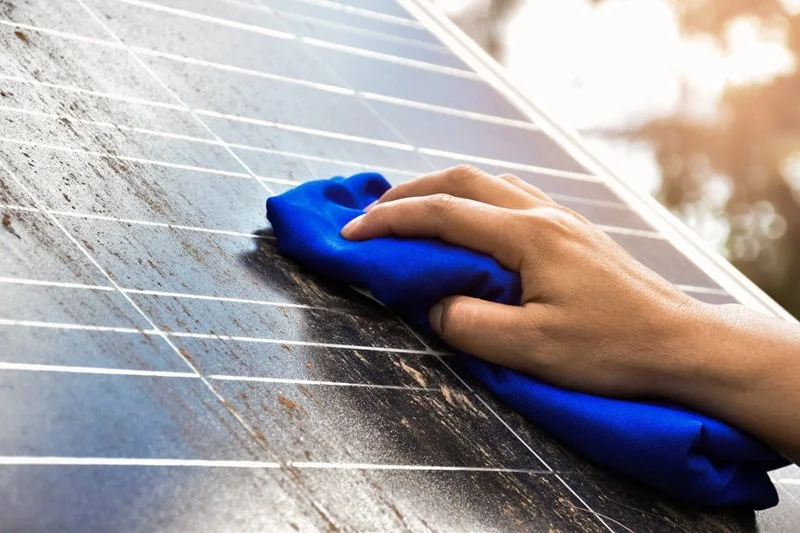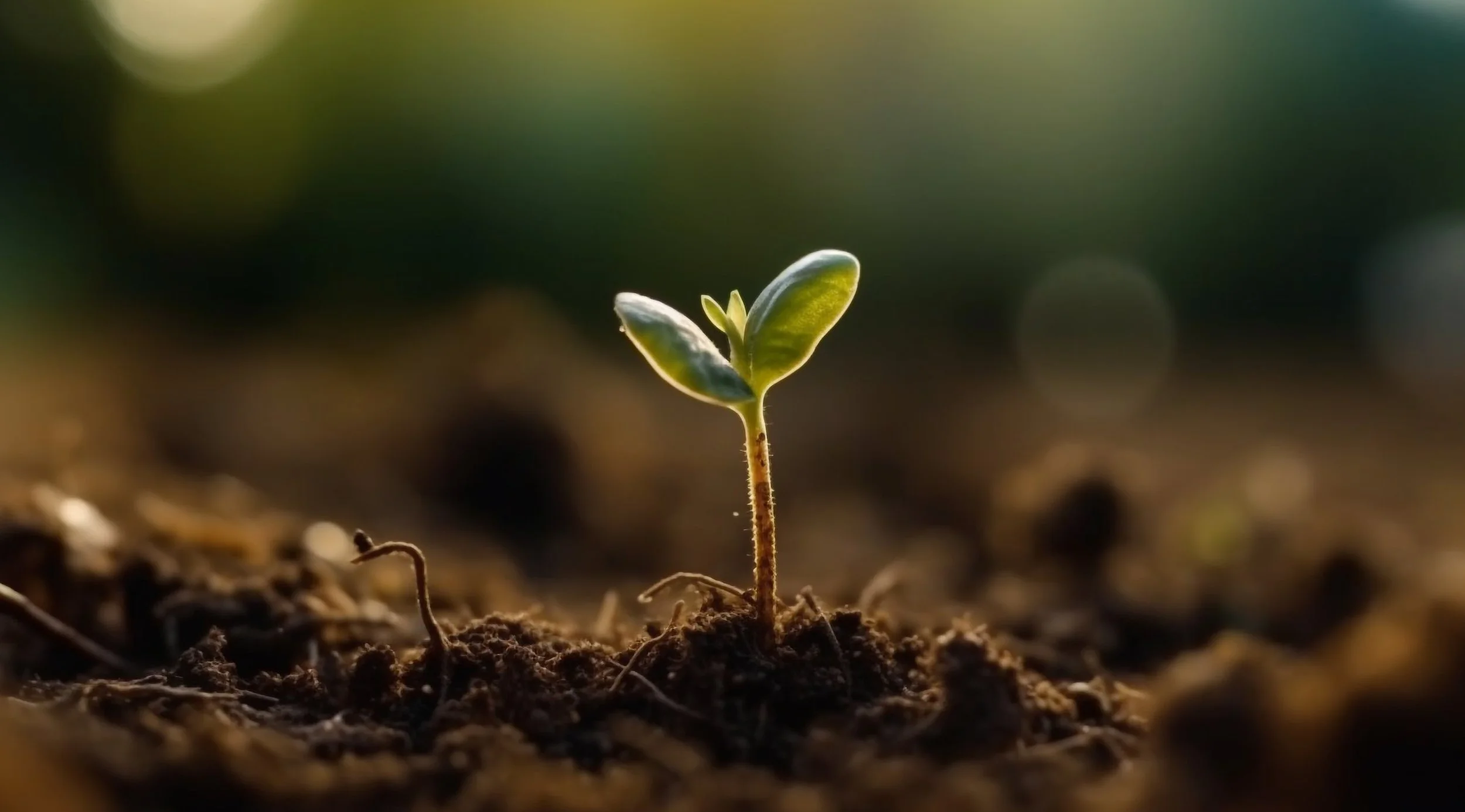How to Make Your Home More Environmentally Friendly
/Guest blog by Evette Champion
Despite the efforts of corporations, and other large enterprises to undercut attempts to regulate their greenhouse gas emissions and reduce their depletion of natural resources, this is the only planet we have and it’s up to us to do what we can to slow the effects of climate change. As real estate insights by agents and industry researchers reveal, many homeowners are nowadays looking for ways they can make their homes more environmentally friendly.
Are you a homeowner who is interested in making their home greener? Here are 16 ways you can follow the example of homeowners who are making their homes more eco-friendly in 2022.
1. Install solar panels
Solar panels are a cleaner and more sustainable way to get power. They don’t contribute to the already high amounts of greenhouse gases that are damaging our climate. By switching to solar, homeowners are becoming more energy independent. By switching to solar they also save money and can rest easier knowing they’re being more eco-conscious.
2. Create a recycling center at home
Create a spot in your home, be it the kitchen, garage, or some other space, and have separate bins for each type of recyclable: glass, paper, plastic, etc. Label the bins clearly so your family puts recyclable items in the correct bin.
3. Create a compost pile
Along with recycling, composting reduces the amount of garbage you throw out, but here, you’re also creating nutrient-dense fertilizer that can be used in your own garden. Things you’ll want to compost include the following: coffee grinds, food scraps, eggshells, used paper napkins or paper towels, cooked pasta, and rice.
4. Switch light bulbs to LED
LED light bulbs are becoming a mainstay in homes because they reduce the amount of energy needed for them to work, but they also last a lot longer than your regular light bulb.
5. Use low-flow showerheads
The shower is the biggest culprit when it comes to wasting water. You can conserve your water usage by switching out your regular showerheads with low-flow showerheads. Low-flow showerheads use less than two gallons per minute whereas the regular showerhead uses 2.5 gallons or more per minute.
6. Switch to energy-efficient appliances
Replacing your existing appliances with energy-efficient ones isn’t going to be cheap, but they’ll pay for themselves over time. Not only will you save on your energy bill, but if you’re going to sell your house, installing energy-efficient appliances make your home more desirable to many potential buyers.
7. Opt for natural cleaning products
Your typical cleaning product is laden with harmful chemicals that only add to the contaminants present in the environment. Instead, look for eco-friendly cleaning products or make your own by using baking soda, white vinegar, lemon, and more.
8. Upgrade your thermostat
Upgrading your thermostat can save on energy costs because you can regulate the ambient temperature. With a smart thermostat, you can program times for your heating and cooling to turn on or off and adjust the temperature accordingly.
9. Use online banking
You can reduce your paper waste by doing your banking online. Online banking reduces the need to print the bills, process them, transport them, and so on. Plus, it cuts down on the amount of paper cluttering your counters and eliminates the worrying about whether your payments will reach the payee in time.
10. Buy second-hand furniture
Instead of buying cheaply made new furniture that will break or wear out in a couple of years, buy second-hand furniture when you can. Older furniture tends to be made from better materials and is built to last longer than a few seasons. Not only will you save money, but that’s less waste going to the landfill.
11. Switch to reusable bags
There are billions of pounds of plastic bags floating around in our oceans and we certainly don’t need any more going into them. Instead of plastic, opt for reusable bags – or at the very least paper bags, which can be recycled.
12. Refresh caulking
Refreshing the caulking around windows, doors, outlets and the like might not seem like it would make a difference in terms of making your home more environmentally friendly, but it does! The little bit of air that leaks from your home adds up and can increase your heating and cooling costs. Along with the caulking, check the sealing and weatherstripping around openings in your home as well.
13. Be mindful of water consumption
The processes of treating, pumping, and heating water entail lot of energy consumption and pollution. Low-flow shower heads aren’t the only way to reduce your water consumption. You’ll want to add an aerator to your faucets and turn the water off when you brush your teeth and dishes.
14. Decorate with plants
Decorating with plants not only adds color to your home, but they can also improve its air quality. Some plants have the ability to decrease the number of pollutants are in the area, thus reducing the likelihood of your suffering from headaches, dizziness, and eye irritations.
15. Use native plants for landscaping
When you’re choosing what plants you want to grow in your yard, choose plants that are native to the area you’re in. For example, if you live in a dry area like Texas or Arizona, you shouldn’t have ornamental grasses or plants that require a lot of water – you’ll want to use plants that can withstand the heat and don’t require much watering.
16. Adopt eco-friendly eating habits
It’s crazy how much our food travels just to get to our tables. Instead of buying imported foods, try to eat locally sourced foods. Eating locally benefits local food producers, but you’re also reducing your dependence on outsourced food. Also, when you’re shopping for food, choose products with minimal packaging and if you must get a packaged product, look for packaging that is recyclable.
Trying to live a life that’s more eco-friendly isn’t going to be easy because society isn’t built around sustainability and eco-consciousness. We’re creatures of habit and we love convenience. However, it’s our wasteful habits and poor choices that are bringing the world to its knees. Our climate is in crisis, and while we can’t reverse the effects of decades of bad policies and poor choices, every little step we take on the individual level can make a difference.
Evette Champion is just your average HGTV fan who dreams of having a home worthy of being on one of those shows. When she isn't writing for HomeLight, she's working at her local real estate office. In her downtime, you'll find her searching for the next great hiking trail in her area.
Like this? Please pin!




